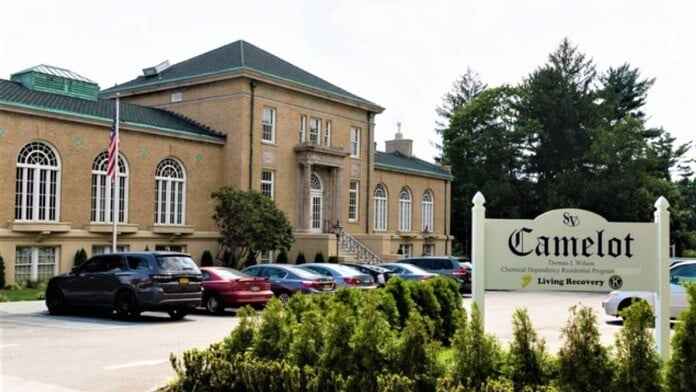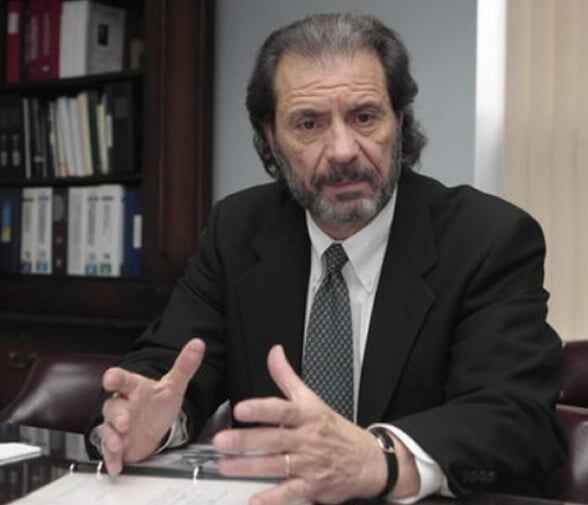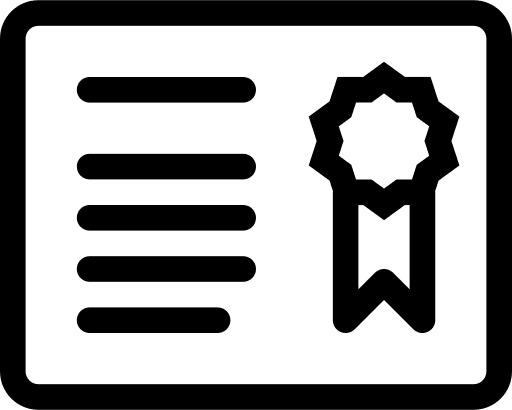About Camelot – Male Residential – Mid Island
Camelot–Male Residential, in Staten Island, New York, is a comprehensive drug and alcohol rehab for adolescent and adult males. They specialize in dual diagnosis care, medically supervised detox, medication assisted treatment (MAT) inpatient, outpatient, and aftercare services. Their primary treatment modalities integrate addiction counseling and evidence based complementary therapies.
Camelot–Male Residential is a comprehensive addiction recovery center for adolescent and adult males and their families in Staten Island, New York. They offer dual diagnosis care, medically supervised detox, medication assisted treatment, and inpatient, outpatient, and aftercare services. Their 12 step focused, trauma informed programs integrate individual, group, and family counseling with complementary therapies.
The experienced clinicians at Camelot–Male Residential provide round the clock medical supervision for clients detoxing from drugs and alcohol and may prescribe FDA approved medications to ease withdrawal symptoms and prevent complications. Medication assisted treatment (MAT) may also be provided for clients recovering from alcohol or opioid addiction to promote long-term recovery.
The inpatient programs at Camelot–Male Residential are designed to enable residents to focus on their mental health and addiction recovery in a safe, comfortable, supportive, and highly structured environment. Clients participate in multiple therapy sessions daily, including a combination of individual, group, and family counseling sessions. Their programs draw on a range of proven therapeutic approaches, including CBT, DBT, rational behavioral therapy, and motivational interviewing. In addition, clients and families receive extensive support in developing recovery focused life skills, including anger and stress management, coping, health and wellness, and relapse prevention. Nicotine replacement programs are also available.
Camelot’s outpatient and aftercare programs are designed to support clients’ long term sobriety and their successful reintegration into their homes, families, schools, workplaces, and communities. Their robust continuum of care includes extensive counseling, addiction education, life skills training, sober living transitions, mental and physical healthcare, social services referrals, and related alumni programs.
Camelot–Male Residential is located in a private, home like setting with premium amenities, including onsite recreational facilities and an accredited K-12 day school.
Camelot–Male Residential is state licensed and accredited by SAMHSA. They accept private insurance, self pay, and Medicaid. Financial aid and sliding scale payment plans are available.


